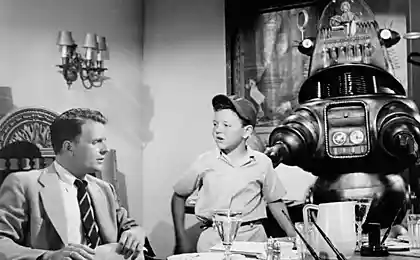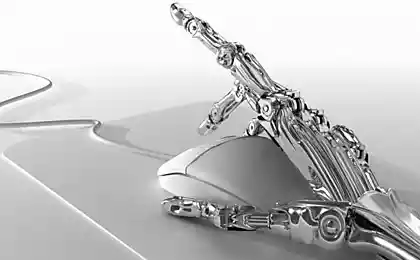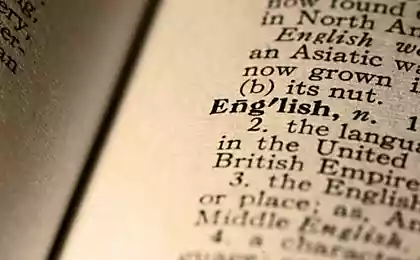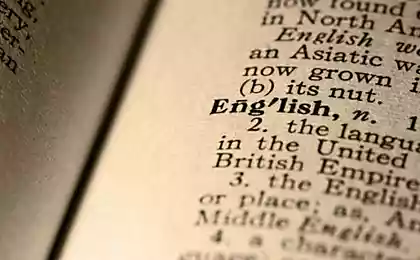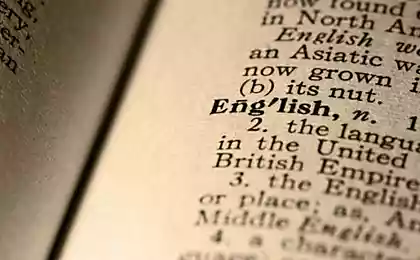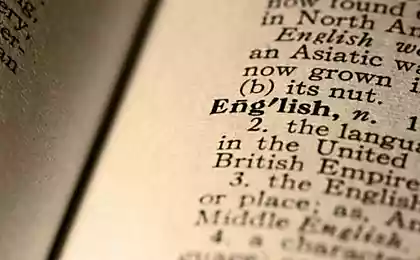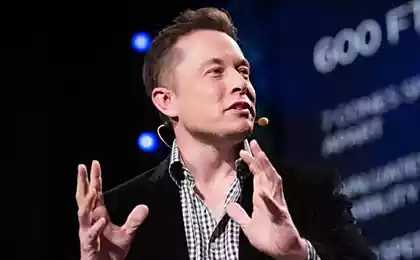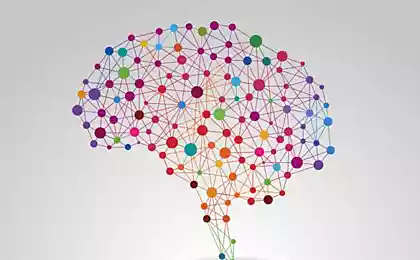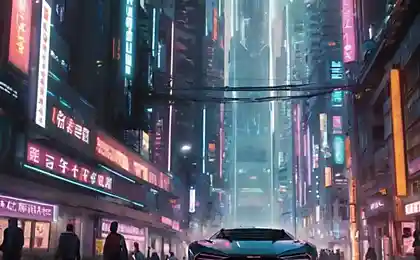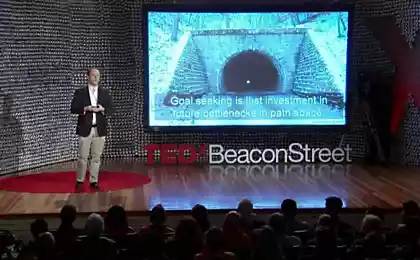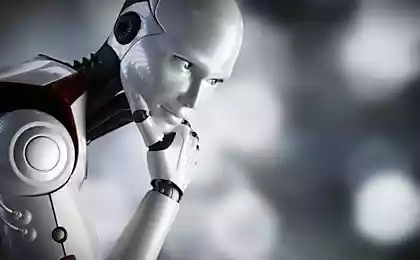656
Why are we incorrectly perceive artificial intelligence
When we talk about AI, the conversation inevitably goes into the category of science fiction scenarios, like, if the AI doesn't take all our jobs, kill us all. But the truth is, AI has been around for nearly 60 years, more and more permeating every part of our lives. Our AI can read your emotions, to solve the complex geometric issues, to paint like Vincent van Gogh.
Ignoring what has actually been created and is currently in use, and instead focusing on a version of AI that has not yet arrived, mankind has got a blind spot in this technology.
This blind spot distorts our understanding of AI, its usefulness and the progress that has been made in this area. It also brings us a lot of frustration when the emerging AI not working as we expected. This phenomenon has a name — the effect of AI.
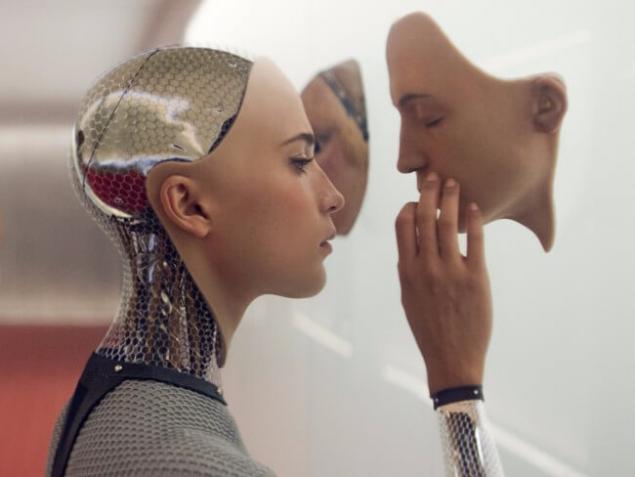
The effect of AI in two phases.First: people do not see the program, which interact with both "reasonable" and therefore believe that research in the field of AI lead to nothing. But we already surrounds AI, and it is becoming more therefore we are like the frog in the pot of water, does not understand that the water is getting hotter and hotter.
AI that we have right now is not like anything that most people draws in their sci-Fi dreams, on machines that think and act like a man, General artificial intelligence (AIS). Instead, we have focused artificial intelligence (UII), which is very good at performing specific tasks, like recognition of images or stock trading. When will they created, it remains beyond comprehension.
"In the early years of the development of AI has always been a concern that the AI will never live up to their promises, because everything that works by definition will not lead to AI," says Subbarao, Kamlapati, scientist Informatics from the University of Arizona.Carlos guestrin, the company's CEO Dato from Seattle, which is building AI algorithms for data analysis, says this may be because UII is not like human intelligence.
"As soon as something is made, it is no longer AI, says Gestrin. Is a matter of perception — as soon as something becomes commonplace, demetiliruetsa, it no longer seems like a magical intelligence that we see in people."On the other hand, this also generates the fear of the unknown "future" AI that always seem to be hiding around the corner. When people say that they becomes possible, the conversation is always accompanied by fears about what the AI can suddenly become.
"I think the idea that AI is going to break out like thunder, begs the question, they say, what will we do when AI is here, says Sabine Hauert, robotics from the University of Bristol. In reality, we are working on AI for 50 years, but improvements remain paltry."This fear of the future humanoid AI is based on a biased feeling that this technology, which have been around for years, suddenly acquire human attributes, and is would be anthropomorphizing. But given what we're trying to create an AI now, it is unlikely that AI of the future will be the attributes of the human elements like emotions, consciousness or even self-preservation instinct, according to Joshua Bengio, a computer scientist from the University of Montreal. Because intelligent AI will have completely different intelligence than people.
"The biggest misconception lies in the idea that is prevalent in science fiction that the AI will be similar to other living creature that we can imagine, animal, or alien — hence, this AI will, ego, consciousness, as he says Bengio. But machines can be intelligent without consciousness, ego and even self-preservation instinct".
In the end, the smartest machine in the world thinks not as a man
Shimon Watson, a scientist from the University of Amsterdam, explained why people default AI assigned human traits.
"We have a tendency to give human traits any type of intelligence because we live in a world where the only people are the example of a high level of intelligence, says Whitson. We really have no idea what could be intelligence, if it hadn't belonged to the man."Through research in the field of AI, we find that there can be many other types of intelligence. Not every intellectual program needs to be basically humanoid. When the technology of AI will learn to do one specific task, it will not look human and most people will not see it AI. But when will they, and he, too, will not look human.
"Intelligence is not the only property of the system, says Tomaso Poggio of MIT. Intellect is one word which can relate to many things. We measure intelligence by how well a person or machine to perform the task, including the task of learning. According to this indicator, computers are already much smarter than humans in many tasks, including memorizing things, arithmetic, calculation, trading, landing of aircraft".
To end the paradox of wildly tossing between the belief that AI has not arrived yet and that when he arrives, we are all Khan, we need to reconsider the concept of human intelligence. You need to understand the intelligence in a broader sense and to understand that the machine that does the job, is reasonable. The sooner this happens, the easier it will be to focus on the benefits and real risks, which, according to the researchers, can bring to future AI. published
Author: ILYA HEL P. S. And remember, only by changing their consumption — together we change the world! © Join us at Facebook , Vkontakte, Odnoklassn
Source: hi-news.ru/technology/pochemu-my-nepravilno-vosprinimaem-iskusstvennyj-intellekt.html
In Poland, the family estate are created based on the principles described in the Maigret books
Prices for green energy are falling
